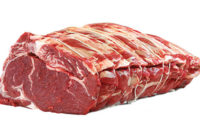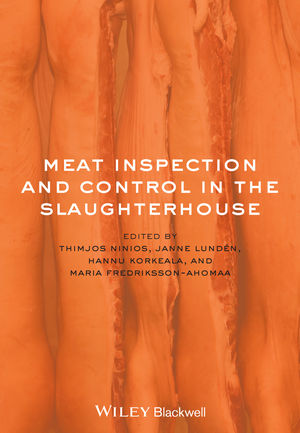This proposal is in response to a petition filed by the American Meat Institute and others. The purpose of this requirement is to eliminate recalls of product that had been shipped after agency sampling and before a positive test result for an adulterant was received.
In terms of the proposal itself, as we understand:
Obviously, to achieve the proposal’s purpose, the establishment would have to “hold” all product implicated by a positive finding. In the case of raw ground, product implicated includes all product made with common-source materials. If FSIS intends to take a sample of raw ground and common-source materials were used in previous production, the sample should not be taken. For all tests, products run over common food contact surfaces from the time the sample was collected until the next pre-operational sanitation occurs will be implicated. Additionally, establishments must consider and control rework.
FSIS already has policies in place that allow an establishment to minimize product implicated by a sample. In the case of beef trim, an establishment is permitted to limit the lot to a single combo bin if certain conditions are met. Directive 10,010.1, § II. A. On ground product, it is possible to use a smaller grinder to limit lot size to 50 pounds or more, Directive 10,010.1 § III. A. 5, or to run a randomly selected product earlier in the day (provided, in either case, that the product represents the establishment’s normal commercial product). It is also possible to limit the size of a production run in the case of Listeria monocytogenes sampling. Directive 10,240.4, Q & A No. 7.
Establishments may want to begin to think through how to comply with this upcoming issuance. At a minimum, establishments should ensure that they are holding all products implicated by an FSIS sample. If the establishment is not taking advantage of policies to minimize product implicated, it should also consider that now. Finally, once the issuance is announced, establishments could consider reaching out to their customers to apprise them of how this new requirement may affect shipments.
Dennis R. Johnson is a principal with Olsson Frank Weeda Terman Bode Matz PC in Washington, D.C. Johnson has 30 years experience in food-safety law and regulation, representing large and small meat and poultry companies.






Report Abusive Comment